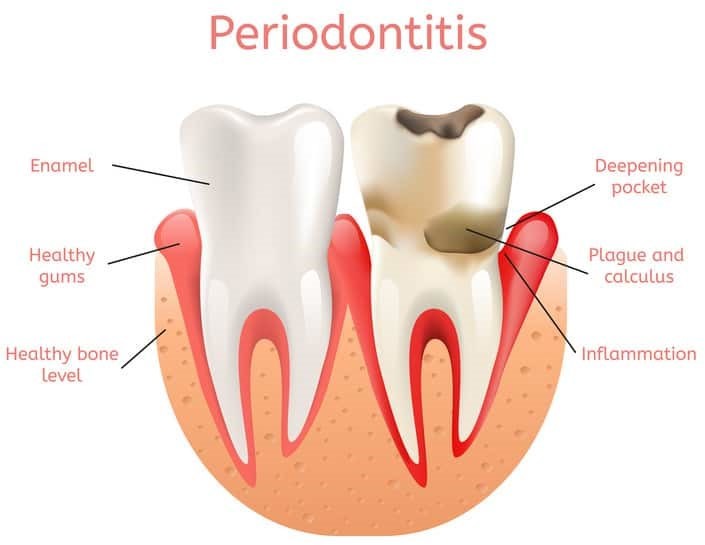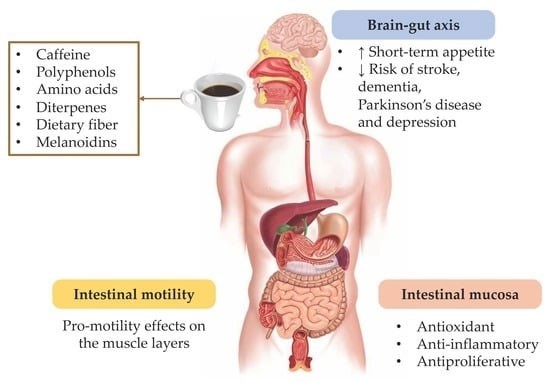A nurse is preparing to insert an indwelling urinary catheter for a client. Which of the following actions should the nurse plan to take?
Test the balloon on the indwelling urinary catheter before insertion.
Use one cotton swab to clean the client's urinary meatus.
Don sterile gloves before inserting the indwelling urinary catheter.
Apply an oil-based lubricant to the indwelling urinary catheter.
The Correct Answer is C
Choice A reason: Testing the balloon is important, but it is not the action to take immediately before insertion.
Choice B reason: While cleaning the urinary meatus is necessary, using one cotton swab is not sufficient for proper aseptic technique.
Choice C reason: Donning sterile gloves is essential to maintain an aseptic technique during catheter insertion to prevent infection.
Choice D reason: An oil-based lubricant should not be used as it can increase the risk of infection and is not compatible with the catheter material; a water-soluble lubricant is recommended.
Nursing Test Bank
Naxlex Comprehensive Predictor Exams
Related Questions
Correct Answer is C
Explanation
Choice A reason: Memory loss is not typically associated with vitamin C deficiency. Memory loss can be related to various conditions, including neurological disorders or vitamin B12 deficiency.
Choice B reason: Brittle hair can be a sign of vitamin C deficiency due to its role in collagen production, which affects the health of hair. However, it is not as specific or common as bleeding gums.
Choice C reason: Bleeding gums are a common symptom of vitamin C deficiency. Vitamin C is essential for the maintenance of healthy connective tissue, which includes the gums. A deficiency can lead to scurvy, which manifests as bleeding gums among other symptoms.
Choice D reason: Constipation is not directly associated with vitamin C deficiency. While a healthy diet rich in vitamin C can aid digestion, constipation can be caused by a variety of factors unrelated to vitamin C intake.

Correct Answer is A
Explanation
Choice A reason: Caffeinated beverages can cause diarrhea as caffeine stimulates the gastrointestinal tract and can
lead to increased bowel movements.
Choice B reason: Ripe bananas are typically recommended to manage diarrhea due to their pectin content, which can help absorb liquid in the intestines.
Choice C reason: White rice is often recommended for those with diarrhea as it is easy to digest and can help form
stools.
Choice D reason: Low fiber cereal is less likely to cause diarrhea compared to high fiber options, as fiber can accelerate the passage of food through the intestines.

Whether you are a student looking to ace your exams or a practicing nurse seeking to enhance your expertise , our nursing education contents will empower you with the confidence and competence to make a difference in the lives of patients and become a respected leader in the healthcare field.
Visit Naxlex, invest in your future and unlock endless possibilities with our unparalleled nursing education contents today
Report Wrong Answer on the Current Question
Do you disagree with the answer? If yes, what is your expected answer? Explain.
Kindly be descriptive with the issue you are facing.
